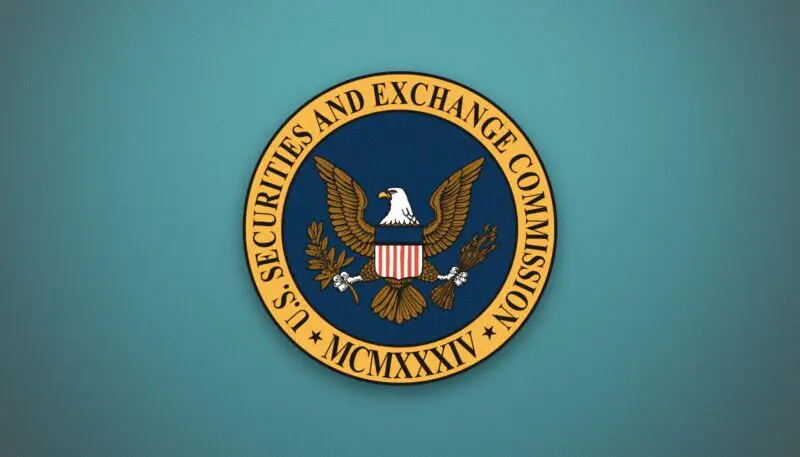The American Jobs Act, recently proposed by President Obama, contains a provision closing the co-called “carried interest tax loophole” that benefits many investment fund managers. Just about all hedge funds, real estate investment partnerships, private equity funds, and venture capital funds in the U.S. are structured as partnerships for tax purposes. The incentive fee that the manager is paid (usually 20% of all net gains of the partnership) isn’t actually a fee at all. Rather, when the partnership is formed, it is structured so that the manager (or an affiliate of the manager) owns a 20% interest in all profits generated by the fund. The benefit to the manager in structuring the incentive fee this way is that all favorable tax treatment that the fund may receive for certain types of income are preserved for the fund manager. For instance, if the fund earns a gain on the sale of assets that it owned for over one year or if the fund receives qualified dividends from stock, those gains and dividends are taxed at the lower capital gains rate (15%) rather than being treated as ordinary income. In addition, the manager of the fund does not pay social security or Medicare taxes on the portion of the fund’s profits allocated to the manager, as he would if he were earning it as wages or were otherwise self-employed. As a result, the fund manager only pays federal income taxes at a rate of 15% on a large portion of his income, and also pays no social security and Medicare taxes on any of the incentive fee earned by him. [1] If the law were changed, fund manager incentive allocations would be taxed as ordinary income and would also be subject to the self-employment tax (ordinarily 15.3%) to pay both the employee and employer portions of social security and Medicare taxes on such income.
Arguments can go back and forth whether the current tax treatment of investment partnership incentive allocations is (a) a good idea or (b) fair. Proponents of changing the law say that it is unfair that investment fund managers should pay a lower level of taxation than people in other professions, especially considering that this income is essentially a fee in substance, if not form. Opponents counter that fund managers take a huge risk in taking much of their fees in this manner, because (a) it is contingent upon the fund making a profit and thus the fee may never materialize and (b) is often (but not always) deferred for a number of years until gains can be realized. Because of these unique features, they argue that this favorable tax treatment is fair and reasonable.
Regardless of who you may think is right, luckily for fund managers, the legislation is unlikely to pass in the near term. Given the gridlock in Washington, and the fact that the Republican-controlled House of Representatives would never approve such a provision, fund managers are currently safe. However, in the long term, the outlook is far more uncertain. With tax reform on the horizon, fund managers and their representation in Washington will need to be vigilant. A change like this to the tax code is likely to be popular with voters and since the people who who would be negatively impacted by it are few, it could be an easy concession for Republicans to make in their quest to lower overall tax rates. As always, stay tuned.
Footnotes
[1] However, the Health Care and Education Reconciliation Act of 2010, among other provisions, enacted a new additional tax, referred to as the “unearned income Medicare contribution,” on net investment income, like the partnership allocations of income and gain from investment funds at a rate of 3.8% which will, if no additional changes in law are enacted, take effect January 1, 2013. The tax only affects individual taxpayers with a modified gross income over $250,000 for married taxpayers filing jointly, $125,000 for married taxpayers filing separately, and $200,000 for single taxpayers.
———————————–
© 2011 Alexander J. Davie — This article is for general information only. The information presented should not be construed to be formal legal advice nor the formation of a lawyer/client relationship.




